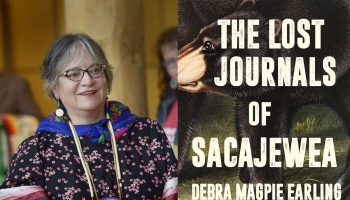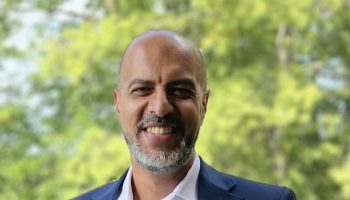
Susie Anderson
Staff writer
In 2009, U.S. Poet Laureate Robert Pinsky spent a mere 48 hours on the grounds of Chautauqua Institution and established a legacy that has lasted for 17 years, uniting Chautauquans with the power of poetry — The Robert Pinsky Favorite Poem Project.
At 5 p.m. today in the Hall of Philosophy, the 17th annual Robert Pinsky Favorite Poem Project will bring Chautauquans together with readings of poems that struck them.
When selected as U.S. Poet Laureate in 1997, Pinsky committed himself to a project of transforming poetry from academic to accessible through empowering a variety of voices.
“His idea was that people from all walks of life, employees at the Daily or at the Colonnade or driving the tram or checking tickets might have a favorite poem, … and here was a venue where they could stand up in front of people and tell us why that particular poem spoke to them and read it in the Hall of Philosophy, which is quite a thrill,” said Norma Rees, chairperson of the Pinsky Favorite Poem Project and longtime member of Friends of the Chautauqua Writers’ Center. Rees’ predecessor, Georgia Court, helped bring the project to Chautauquans in 2009.
Since Rees took over as chairperson in 2015, she finds that each new year revitalizes poetry through new voices. In celebration of Chautauqua’s sesquicentennial last year, the reading traced poetry from Chautauqua’s founding year and onward.
“We had longtime readers read poems from the 1870s, more recent poetry that maybe people that hadn’t read before and then slam poetry, which was very vocal,” Rees said. “So it was a really successful celebration of (the sesquicentennial).”
When selecting submissions from readers, Rees looks to bring a variety of voices to the Hall of Philosophy podium in a reading that breathes life into poems, new and old.
“There’s some familiar favorites, like Mary Oliver or Billy Collins, that somebody unexpected gets up and reads and gives a different interpretation of the poem,” Rees said. “It’s just a joy to have this opportunity to let people absolutely read them and tell people this particular poem spoke to them.”
As Rees reflects on her role as the project’s chair, she said her greatest contribution involves continuing the legacy that she knows will last past her tenure as chair. Today, when readers, writers and lovers of poetry from all walks of life gather to discuss and listen to the power of the written word, Rees anticipates a continuation of a celebrated tradition.
“I think Robert Pinsky would be pleased,” Rees said. “It’s a warm and fuzzy experience. There’s no right or wrong — it’s just people sharing a love of the poetic word.”




